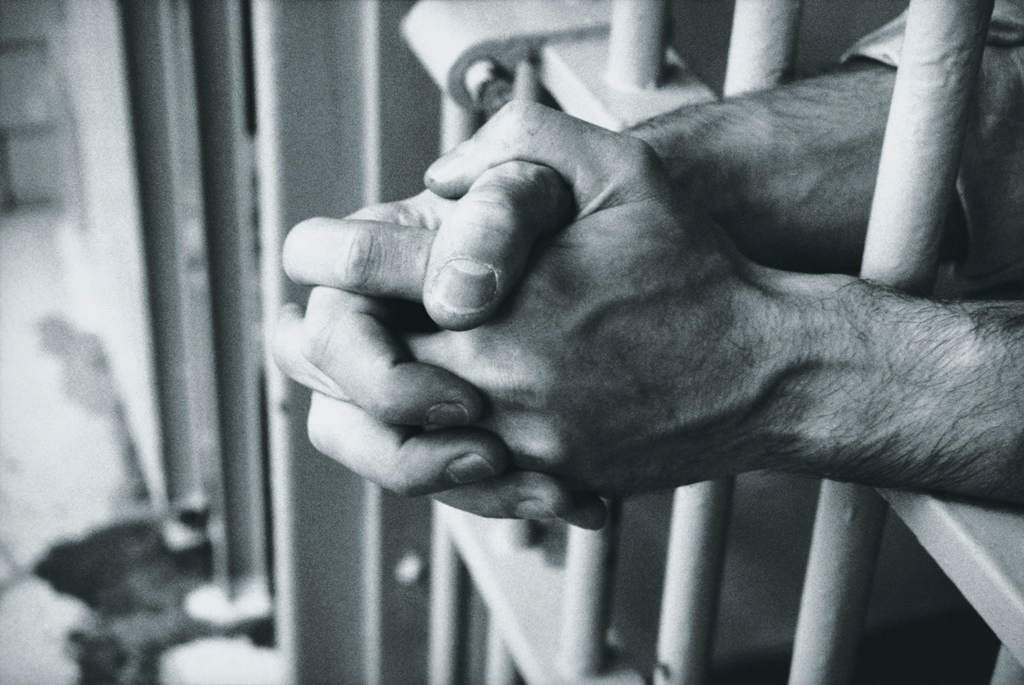In exploring the dichotomy of punishment versus forgiveness from a Baha’i perspective, a provocative question arises: Can the roots of criminal behavior stem from an unmet need for love and compassion rather than an innate propensity for wrongdoing? This inquiry challenges our conventional understanding of justice and invites an introspective examination of the foundations of morality.
The Baha’i teachings advocate for a holistic view of human nature, positing that every individual possesses an inherent capacity for goodness, shaped by both spiritual essence and environmental influences. Within this framework, understanding the causes of criminal behavior becomes paramount. Is it not possible that societal inequalities, familial instability, and lack of educational opportunities catalyze offenses? Baha’i ideology emphasizes the importance of examining the underlying conditions that lead to criminal actions, proposing a shift from retributive justice to a restorative model.
Traditionally, punitive responses to crime are prevalent in contemporary justice systems. However, the Baha’i teachings challenge this paradigm, suggesting that vengeance is counterproductive. Instead, they advocate for compassion and understanding, encouraging the society to perceive criminals not solely as wrongdoers but as individuals capable of change. Thus, how do Baha’is reconcile the need for social order and justice with the imperative of forgiveness and rehabilitation?
At the crux of Baha’i thought is the belief in the power of forgiveness. Forgiveness, in this context, does not imply condoning wrongful actions. Rather, it embodies a transformative process that allows both the victim and the offender to liberate themselves from the shackles of resentment and guilt. It is an act that cultivates healing and encourages personal growth. This raises another interesting question: can societal structures be reimaged to prioritize rehabilitation over punishment, thereby fostering an environment conducive to healing?
Baha’is advocate for a justice system that embodies restorative principles. This system prioritizes the understanding of the harm inflicted, the needs of the victim, and the potential for the offender to reintegrate into society as a constructive member, promoting the greater good. In utilizing this restorative approach, Baha’is assert that it is paramount to empower individuals to confront the consequences of their actions while simultaneously providing them with the tools necessary for personal development.
Furthermore, the role of education is central to the Baha’i perspective on crime and justice. Education is viewed as a vital instrument for social reform, capable of addressing the root causes of criminality. By equipping individuals with knowledge and skills, society not only mitigates the occurrence of crime but also fosters a culture of understanding and empathy. This leads us to ponder, can effective educational initiatives and community support networks diminish the propensity for crime?
Moreover, community involvement plays a pivotal role in the double-edged sword of punishment and forgiveness. Baha’i teachings emphasize collective responsibility for the welfare of all. The community must not only seek to protect itself from harm but also strive to support its members, particularly those who transgress societal norms. Engaging in dialogue, fostering connections, and cultivating a sense of belonging can create environments where individuals feel valued and understood, eradicating the alienation that often accompanies criminal behavior.
Baha’is also recognize the significance of prayer and spirituality in rehabilitating individuals with a criminal background. Spiritual principles serve as guiding lights, allowing individuals to transcend their circumstances. Prayer serves to connect the individual with divine guidance, fostering an ethos of accountability, repentance, and transformation. Herein lies another challenge: how can spiritual values be integrated into the broader societal approach to justice and rehabilitation?
The Baha’i teachings further offer insights into the nature of sin and error, suggesting that each individual is on a continuous journey of spiritual development. Errors in judgment, whether criminal or otherwise, are viewed through the lens of learning and growth. This perspective compels society to approach offenders with empathy, recognizing that each misstep may stem from a lack of understanding or insight, and can thus be an opportunity for enlightenment rather than solely a reason for condemnation.
As we grapple with the complexities of justice and morality, a crucial question emerges: what does it truly mean to forgive? Forgiveness in the Baha’i worldview transcends mere absolution; it embodies an active commitment to personal and communal growth. It signifies a willingness to embrace change and recognize the humanity in others, irrespective of past transgressions. This invites deep reflection: in what ways can embracing a philosophy of forgiveness reshape our societal structures and relationships?
Ultimately, the Baha’i teachings advocate for a nuanced understanding of crime that transcends the simplistic binaries of punishment and forgiveness. They propose an integrative approach that considers the physiological, psychological, and spiritual dimensions of human behavior. By embracing the principles of compassion, education, community cohesion, and spiritual upliftment, a path emerges that not only addresses the immediate consequences of criminal behavior but also seeks to foster a society characterized by understanding, resilience, and collective healing.
As we ponder the question—Should a criminal be punished or forgiven?—the Baha’i perspective challenges us to envision a world where justice is synonymous with rehabilitation, where forgiveness becomes a catalyst for transformation, and where every individual is given the opportunity to rise from the depths of their mistakes and contribute positively to the tapestry of human society.
